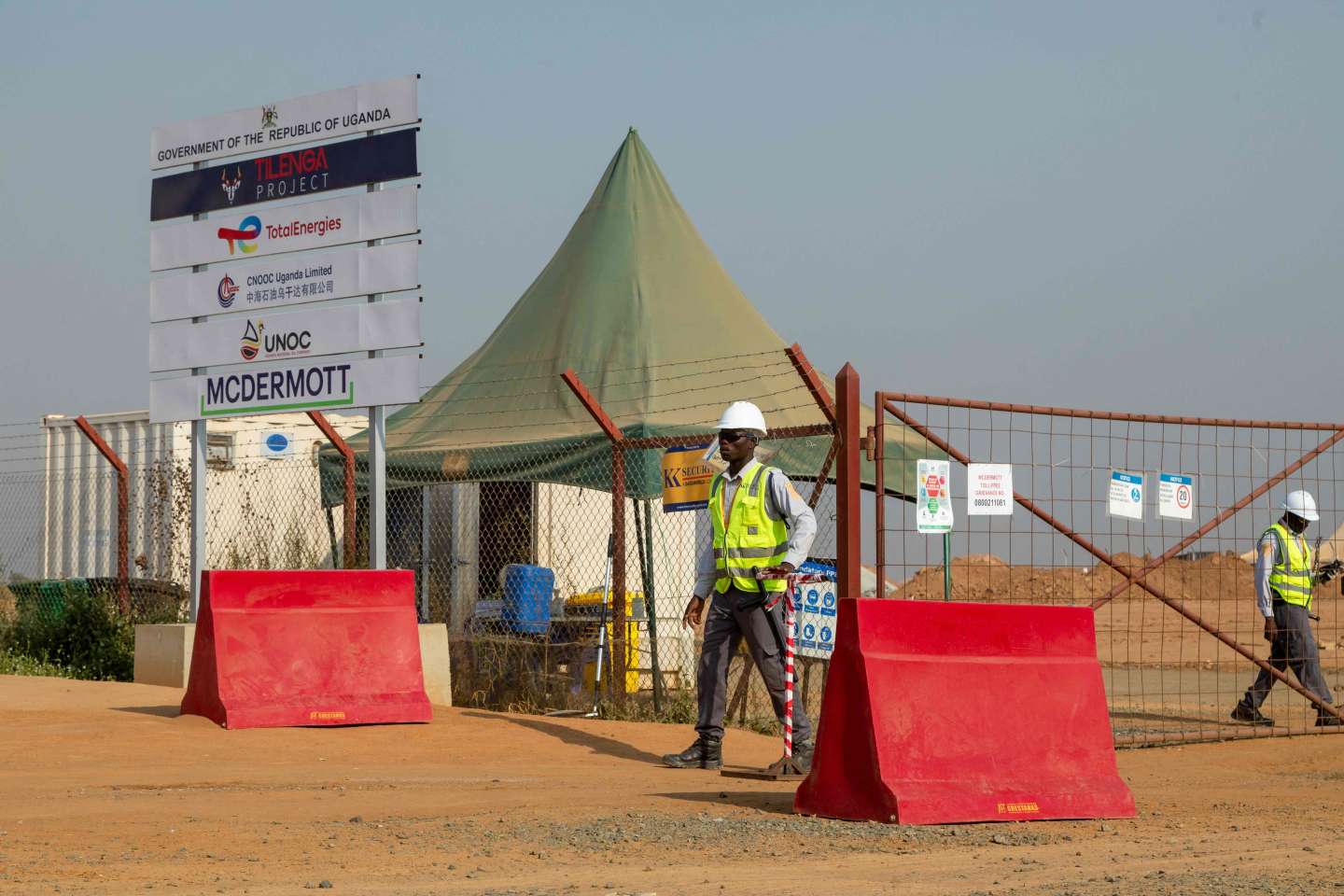
By URN
An environment and energy activists group insists that the East Africa Crude Oil Pipeline will affect 158 wetlands along its route from Hoima to Mutukula.
The African Institute for Energy Governance (AFIGO) released the findings of a study it commissioned around the wetland system to be affected by the proposed longest heated pipeline in the world.
Alongside the report, it released a factsheet which outlines the likely social-economic impacts of the pipeline that will transport Uganda’s oil through the port of Tanga.
According to AFEIGO’s publicist, Diana Nabiruma, of concern is the fact that the EACOP is set to affect the Kibale/Bukoora wetland system, which begins in Western Uganda and connects to Kyotera as well as Rakai district in south Uganda.
She also says the Ramsar site is in the Sango Bay–Musamba Island-Kagera or generally the Samuka Wetland System.
AFIEGO suggests that it is important to conserve the EACOP-affected and other wetlands in Uganda because it would be expensive or impossible to replace the roles they play if they are destroyed. So AFIEGO urges EACOP to stop any oil sector infrastructural developments in wetlands, mostly those linked to Ramsar sites.
The report by AFEIGO comes a few weeks after TotalEnergies the lead shareholder in the $3.5 billion, 1,443-kilometre pipeline issued a statement about the ten misconceptions about the project whose construction is about to begin.



